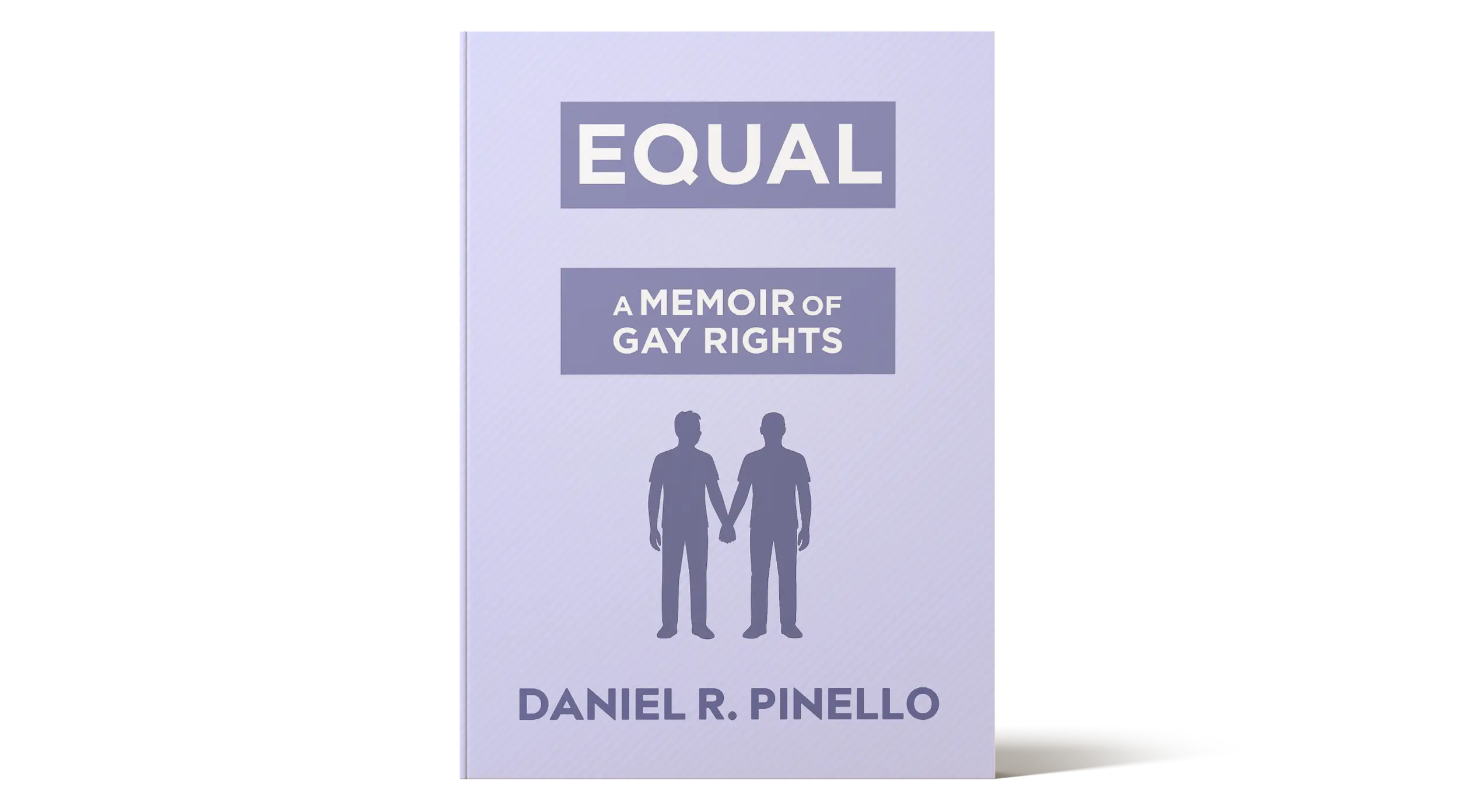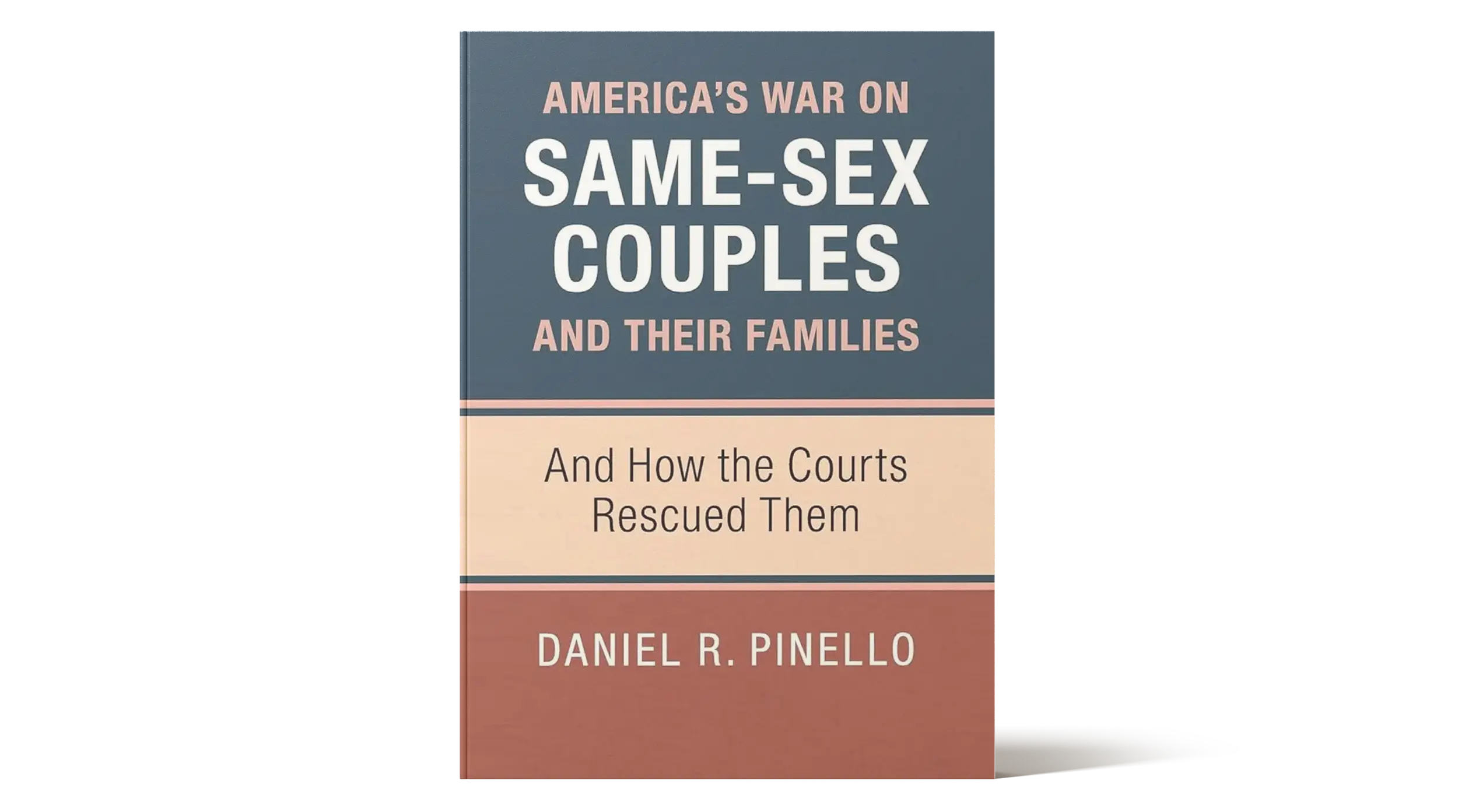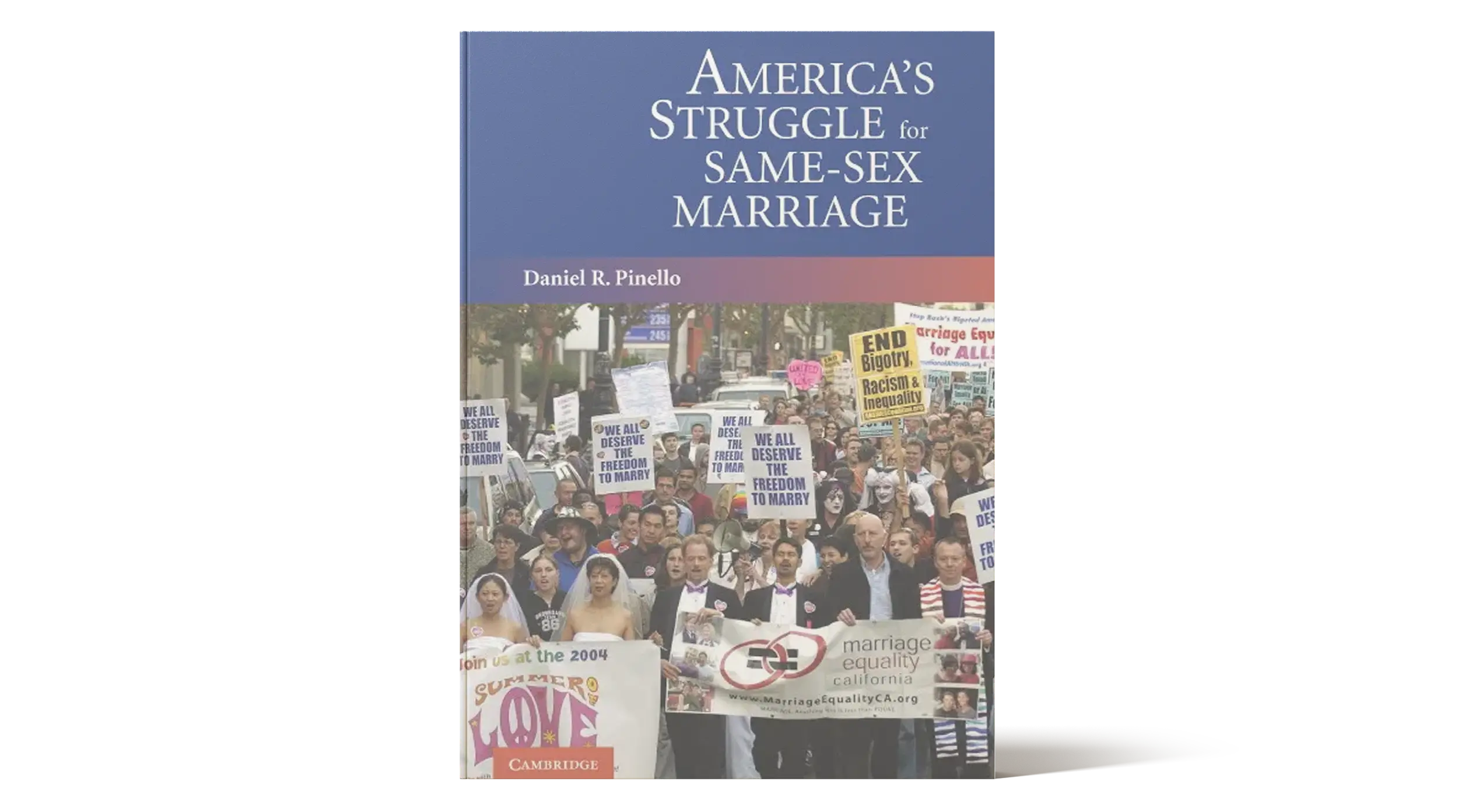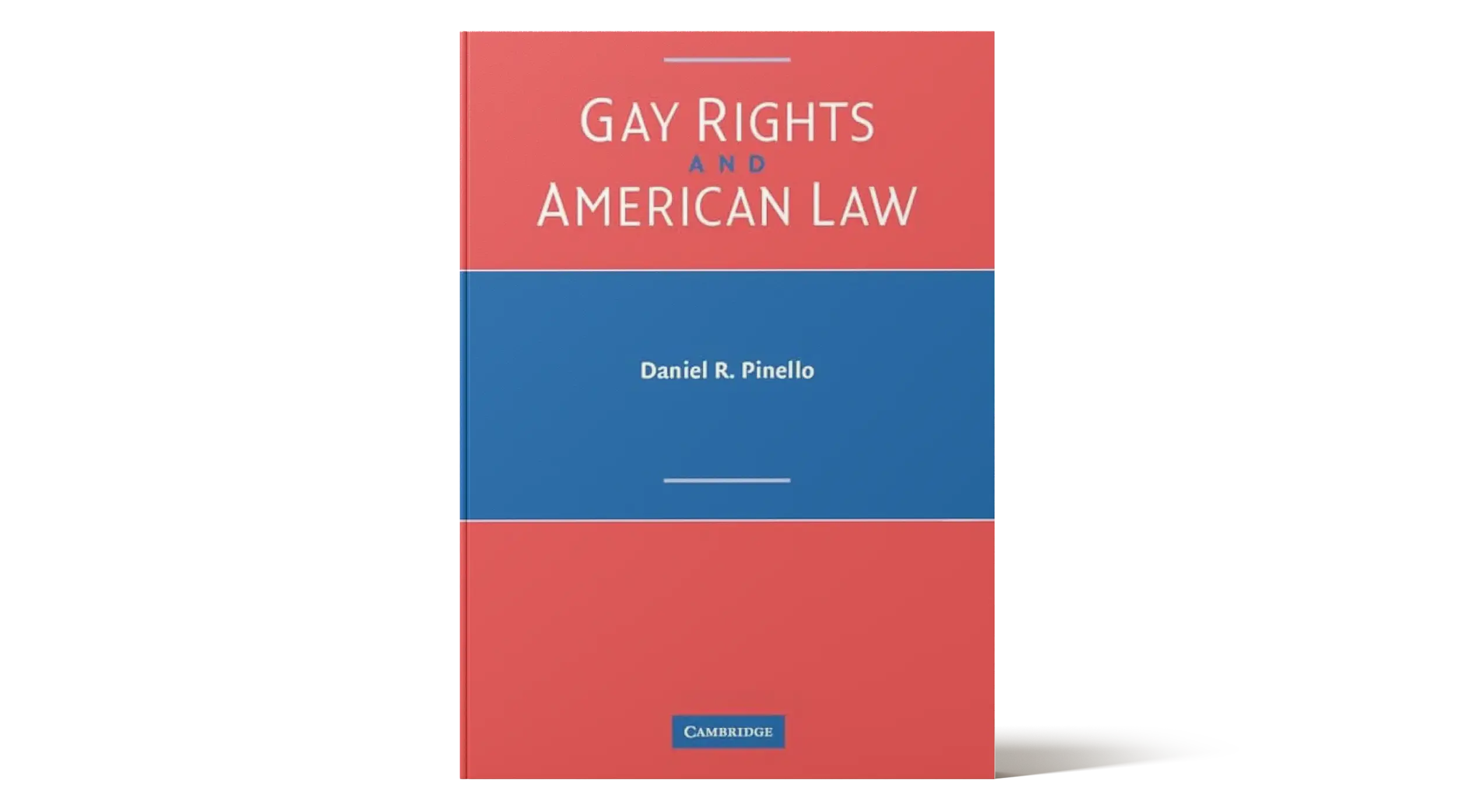Admission to law school is very competitive. Consider Fordham Law School (which I choose because it's near where I teach). I offer this hypothetical as an example of what happens at law schools generally. What I'm going to say here about Fordham could be said about every law school in the country.
Fordham is a good school, ranked 32nd in the nation (out of 187 law schools), and third in New York City (behind Columbia and NYU). Each year, Fordham has an entering class of about 500 law students. For those 500 seats in its first-year law class, Fordham receives over 7,000 applications. About 1,400 (20%) of the 7,000 applicants will be admitted, since some people will be accepted at many law schools and will turn down Fordham's offer of admission.
Now, imagine that I'm a member of the Admissions Committee at Fordham Law School. My job on the Admissions Committee is to accept only those applicants about whom I can make a reasonable prediction of satisfactory performance in law school. But how can I make such a prediction? What information about an applicant will most reliably tell me whether they will succeed in law school?
If I look at personal statements, for example, most of those will try to convince me that a given applicant will be the best law student anyone could ever want. That is, it's highly unlikely a personal statement will reveal anything about an applicant except the most flattering information. And the same can be said about letters of recommendation.
So, after looking at personal statements and letters of recommendation, I'm still left with the same 7,000 applications with which I began.
How do I weed out all but the most promising 1,400?
Suppose I look at college grade point averages. They indeed might give me some reliable information. How a person has performed academically in the past might accurately predict how they will do in the future. So I might adopt a strategy of first admitting all those people with 4.0 GPAs and then work backward from 4.0 until the entering law-school class is filled.
But there's a problem with this strategy. The 7,000 applicants have attended more than 250 different colleges and universities in the United States and abroad. How do I know that a 4.0 GPA at one college represents the same level of academic achievement as a 4.0 at another college? One college might have very high academic standards, while another might not. So an "A" at one school is not the same as an "A" somewhere else. Also, one student with a 4.0 GPA might have majored in basketweaving, while another 4.0 student from the same college majored in a far more difficult field. So, two 4.0 GPAs of students from the same school may not represent comparable academic achievements. Thus, even using GPA, I can't be 100% sure about selecting the incoming law-school class.
What else is left? The Law School Admissions Test (LSAT). This is an examination every law-school applicant must take, which is graded uniformly across all applicants. Scores on the LSAT range from a low of 120 to a high of 180. In other words, a person can take the LSAT and get all the questions wrong, but still receives a score of 120. Another person getting all the questions right receives a 180.
In theory, the LSAT is a consistent measure for an admissions officer to compare all 7,000 applicants with each other.
Indeed, look at how much Fordham relies on the LSAT. The information below represents the LSAT scores for those applicants to Fordham who had a 3.5 GPA or better. In other words, these are the most promising applicants in terms of their academic performance in college.
| LSAT Score | Percent Admitted |
| 168-180 | 100% |
| 164-167 | 99% |
| 160-163 | 71% |
| 156-159 | 15% |
| 148-155 | 12% |
| 120-147 | 4% |
These statistics clearly reveal how important the LSAT is to law-school admissions.
Now consider some national statistics. Of all people who apply to law school across the country, about 55 to 60 percent are accepted at one or more schools. In other words, about 40 percent of all applicants to law school aren't able to go because they aren't admitted anywhere.
In comparison, of all applicants to law school from the urban public university where I teach, about 30 to 35 percent are accepted at one or more schools. In other words, almost two out of three applicants to law school from the City University of New York (and other colleges and universities like it) are rejected everywhere they apply.
Why do public college and university students not have as much success getting into law school as students nationally? Remember that the national average includes students attending elite colleges and universities like Harvard and Yale, where 80 or 90 percent or more of their students are accepted to law school. Thus, the national average is just that – an average.
So what should public college and university students who want to go to law school do? Change schools? Those who can be admitted to a Harvard or a Yale and can afford the annual cost of $50,000 or more to go there may be well advised to do just that. But most public college and university students don't have that option. Also, transferring to another public college or university won't help much because many public schools (as well as private ones) don't have substantially better success in law-school admission than CUNY.
Keep in mind that a significant number of public college and university graduates do in fact go on to law school. The point is that those students who want to go to law school need to be careful, especially with regard to the LSAT. Earning a high GPA isn't enough. As the Fordham Law School statistics indicate, even those with a 3.5 GPA or better who don't do well on the LSAT have only about a four-percent chance of admission.
Consider some additional statistics. The average score nationally on the LSAT is about 152. That is what's known as the 50th percentile. Differently stated, half of all people taking the LSAT across the nation receive a score of 152 or higher. The average score for CUNY students taking the LSAT is about 142. Now, at just 10 points below 152, 142 doesn't seem like much of a difference from the national average. But the important comparison is between percentiles. An LSAT score of 142 is about the 20th percentile. In other words, approximately 80 percent of all people taking the test around the country do better than 142.
Thus, the big problem for most public college and university students who want to go to law school is performing well on the LSAT. How can students prepare for it?
The LSAT doesn't measure knowledge about the law or other legal matters. So taking law-related classes (like business law or constitutional law or criminal law) doesn't necessarily prepare students better for the LSAT than other courses. Rather, the test is designed to measure people's ability to think critically and analytically, because that's what a successful career in law school and in the practice of law requires.
Some years ago, a survey was sent to law-school deans (the "presidents" of law schools). One of the questions on the survey was what majors the deans recommended students have in college in order to prepare effectively for law school. The four majors most frequently recommended by law-school deans were (in alphabetical order) English (sometimes called literature), history, philosophy, and political science (sometimes called government). Thus, my recommendation to those students wanting to go to law school is that they major in one of those fields. Moreover, if English turns out not to be the major selected, then it should be considered seriously as a minor because writing well is absolutely essential to success in the law.
More generally, I advise students to take the most demanding courses with the most demanding professors, because they are the ones who will help develop the analytical thinking skills so necessary for success on the LSAT.
There's no way to prepare for the substance of the LSAT. But one can prepare for it procedurally by developing familiarity with its format through taking practice exams based on actual questions asked in past LSATs. One ought not be surprised when taking the LSAT by the kinds of questions asked. The general type of question asked can be familiar to you by taking an LSAT-preparation course or by means of the practice books available at bookstores.
LSAT-prep courses may improve exam performance – although some scholars question whether there's evidence of a reliable connection between coaching and test results. Nonetheless, the classes are expensive, costing up to $1,000 or more. People who teach the courses think the coaching is particularly helpful to students who are not self-disciplined and need the structure of a class. Yet students who are focused may do just as well with practice books (Cracking the LSAT by the Princeton Review is highly regarded) and the official LSAT tests that include the explanations of answers to questions. Often, taking timed practice exams isn't enough in itself. Students should also understand how and why they make mistakes on the test. In any event, be aware that effective studying for the LSAT usually takes at least 50 hours.
Equally important is your psychological and emotional preparation for the exam. Take it at a time when other stresses in your life are at a minimum. If you walk into the LSAT with the attitude, "What I do today will affect the rest of my life! Oh, my God!" then you'll not do as well as when you're cool and collected.
Some people who take the LSAT and don't do as well as they would like decide to take it again. If they improve their performance the second time around, they think the first score doesn't count. That's not necessarily true. My understanding is that many law schools will average the two scores, and as a result, the earlier, lower score does in fact count to some degree. So I don't recommend you take the exam with the expectation that the first time will be just a trial run for a later, more serious round.
Other helpful Internet sources:
Association of American Law Schools
Cornell Law School Legal Information Institute
Law School Admission Council (includes LSAT registration information)



